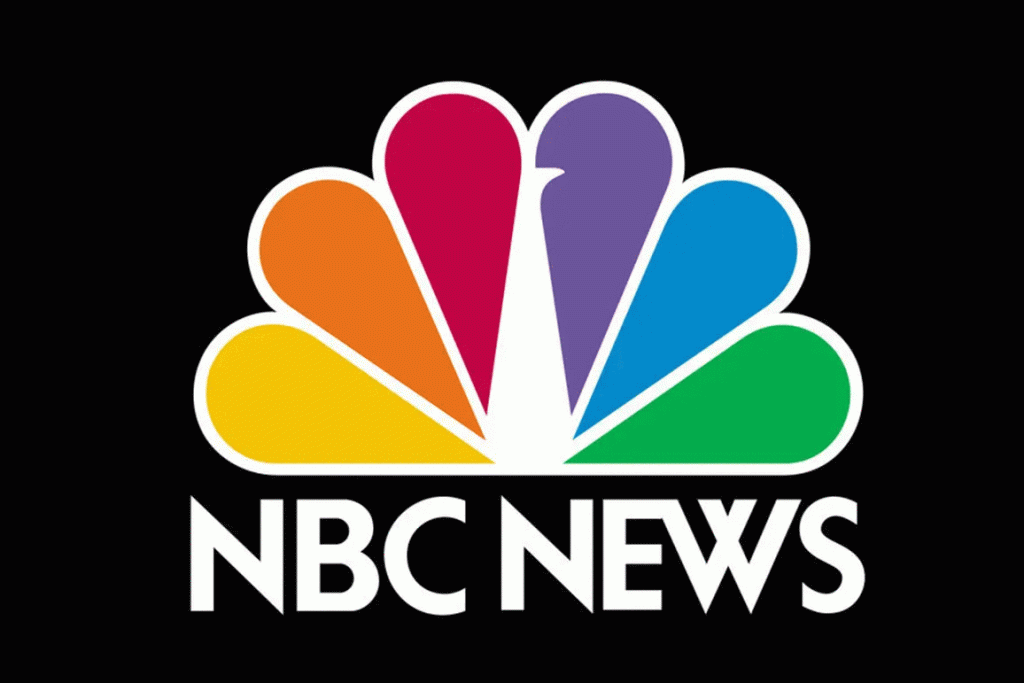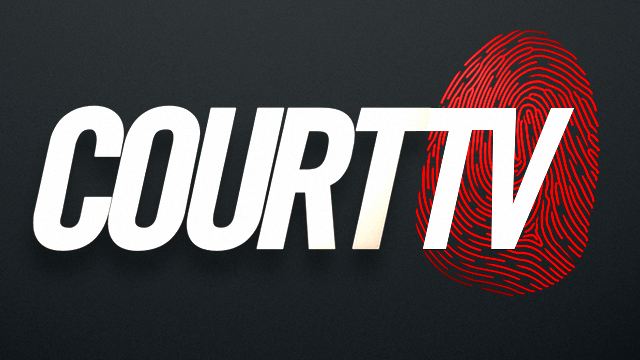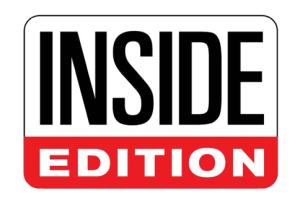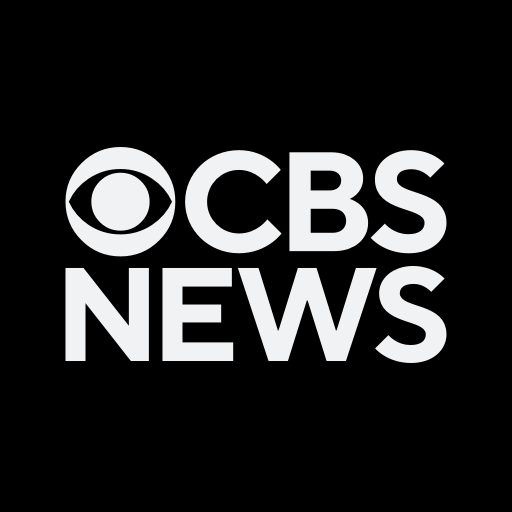Hire a Prison Consultant with
OVER 20 YEARS EXPERIENCE
We've helped over
Clients
Return to their families as quickly and safely as possible.
Decoding Prosecutorial Misconduct: When Justice Goes Awry
Let’s take a deep dive into prosecutorial misconduct, the dark side of the legal system where those charged with upholding justice end up bending its very foundations. Here’s what you need to know about the shady moves that can turn a courtroom drama into a real-life nightmare.
What is Prosecutorial Misconduct? Simply put, it’s when prosecutors, the folks supposed to serve justice, cross the line. Their job isn’t just to rack up convictions like they’re playing some twisted game of legal Tetris. They’re meant to ensure a fair trial. But, oh boy, when they stray, they can derail lives and the justice system along with it.
Types of Dirty Tricks in the Prosecution’s Playbook:
Hiding the Ace (Withholding Evidence): Think of it as playing poker but the prosecutor hides the ace up their sleeve—that’s the exculpatory evidence that could clear the defendant’s name. Big no-no, right? Thanks to the Brady rule from the landmark Supreme Court case Brady v. Maryland (1963), they’re supposed to share that ace.
Playing the Bias Card (Improper Argument): This is when the prosecutor decides to spice up their arguments with a dash of prejudice or misleading statements to sway the jury. It’s not just wrong; it’s dangerous.
Witness Games (Improper Witness Examination): Coaching witnesses or leaning on them to twist the truth? That’s another shady tactic that can twist the scales of justice.
Conflict of Interest: If a prosecutor’s personal connections could cloud their judgment, they need to step back. But if they don’t, we’re talking misconduct.
Cherry-picking Defendants (Selective or Vindictive Prosecution): Targeting someone because of their race, religion, or just because they rubbed someone the wrong way politically? That’s not just bad; it’s vindictive.
Grand Jury Manipulation: Misleading those pivotal grand jury folks or messing with their evidence? That’s a major legal party foul.
The Fallout: Why It Really Matters
- Wrongful Convictions: Innocent people in jail, guilty people walking free—it’s the ultimate justice system nightmare.
- Legal Backfires: Cases getting tossed out or convictions overturned on appeal isn’t just embarrassing; it’s costly and erodes trust in the system.
- Credibility Crisis: Each misconduct case chips away at the public’s trust in legal fairness.
Cleaning Up the Mess
- Professional Slaps on the Wrist: Misbehaving prosecutors can face everything from a stern warning to losing their license to practice law.
- A Second Chance for the Wronged: Defendants can fight back with appeals or seek a new trial if misconduct comes to light.
- Better Rules, Better Training: The legal system is wising up with more training, clearer rules about ethical conduct, and steps to make prosecutorial actions more transparent and accountable.
The Bottom Line Prosecutorial misconduct turns the pursuit of justice into a skewed game. It’s crucial to keep those with the power to prosecute in check, ensuring they wield their considerable power responsibly. After all, at the heart of justice should be fairness, not the pursuit of victory at any cost.






